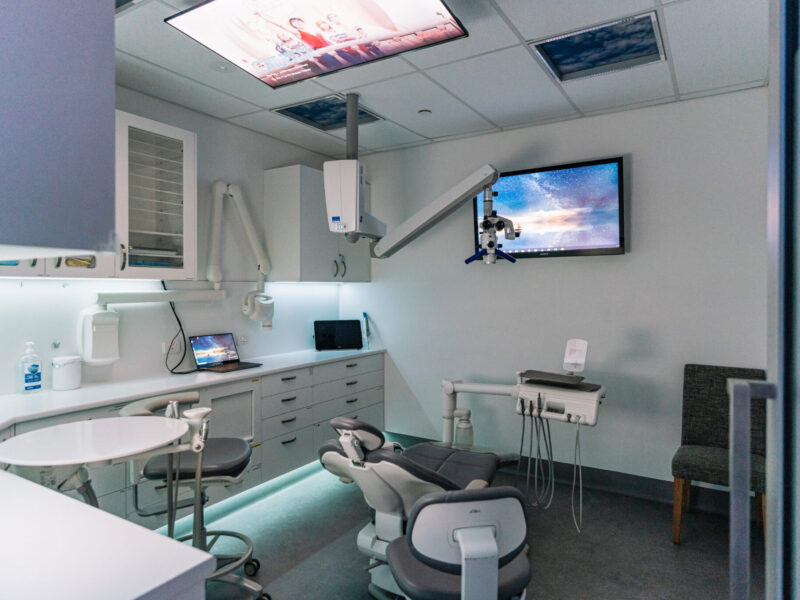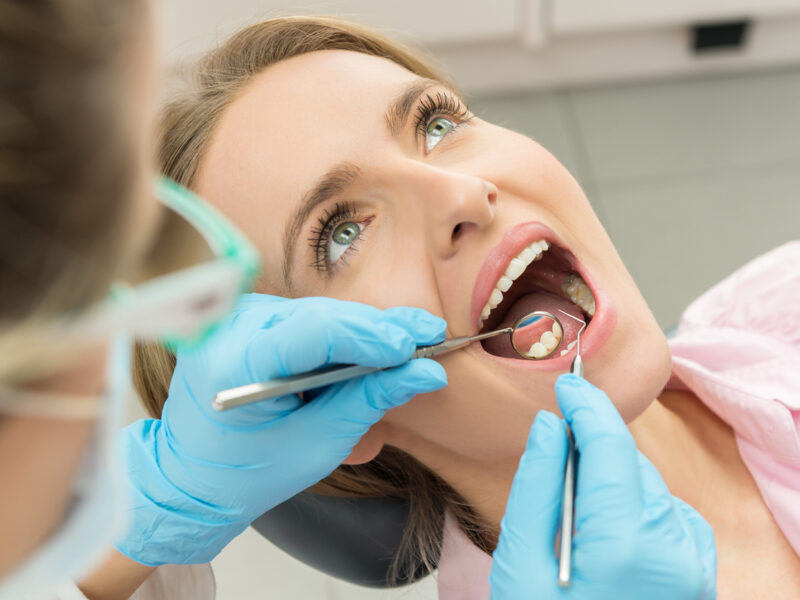Understanding the Frequency of Dental Visits
Visiting the dentist regularly is essential for maintaining good oral health, but how often should these appointments be made? The frequency of dental visits can vary based on individual needs and oral health status. By understanding the right schedule for you, you can keep your teeth and gums in top shape.
Let’s explore what factors influence how often you should book a dental check-up.

What to Expect at Your Dental Check-up
When you visit the dentist for a check-up, you’ll go through a few important steps to ensure your teeth and gums are healthy. Here’s what usually happens:
Initial Assessment: Your visit starts with some basic checks where your dentist will ask about your recent oral health history and any problems you might be experiencing. This conversation helps your dentist understand what specific areas they need to focus on during the examination.
Cleaning and Preventative Procedures: Next, you’ll typically have your teeth cleaned. This professional teeth cleaning involves scaling to remove plaque and tartar build-up, polishing to smooth the surface of your teeth, and often a fluoride treatment to help strengthen the enamel and reduce the risk of cavities.
Diagnostic Checks: Your dentist will also perform some diagnostic procedures. These might include x-rays to check below the surface of your gums to identify any hidden problems. They might also do screenings for oral cancer, which are crucial for catching potentially serious issues early on.
Discussion and Dental Advice: Finally, you’ll have a chance to discuss any concerns about your oral health with your dentist. They will provide personalised advice on how to improve your oral hygiene routine at home, based on the findings of your visit.
Keeping up with these appointments is key to preventing dental problems before they become more serious.
Do You Really Have to Visist the Dentist Every Six Months?
Determining the Right Frequency of Dental Visits for You
Figuring out how often to visit the dentist isn’t a one-size-fits-all answer—it really depends on your personal oral health and lifestyle. Here’s how you can determine what’s best for you:
Personal Oral Health Status: Your current dental health plays a big role in how often you need to see a dentist. If your teeth and gums are generally healthy and you don’t experience problems like cavities or gum disease often, you might only need to go for a check-up and clean every six months. However, if you have frequent dental issues, your dentist might suggest more regular visits.
Risk Factors for Dental Diseases: Certain conditions can increase your risk of dental problems, requiring more frequent visits. These include diabetes, a history of gum disease, or a weakened immune system. If any of these apply to you, it’s a good idea to see your dentist more often to keep your oral health in check.
Lifestyle Considerations: Your daily habits are also important. Smoking, a high-sugar diet, and poor dental hygiene are all factors that can harm your teeth and gums. If this sounds like you, you might need to visit the dentist more regularly to prevent serious issues from developing.
Follow-Up for Ongoing Treatments: If you’re undergoing treatments like braces or dental implants, you’ll need to visit your dentist more frequently. These visits allow your dentist to monitor your progress and make any necessary adjustments to your treatment plan.
Signs That Affect the Frequency of Dental Visits
Knowing when to see your dentist isn’t just about sticking to a regular schedule. Sometimes, your body sends clear signals that you need to visit sooner. Here are some signs to watch for:

Tooth Pain and Sensitivity: If you start experiencing sudden pain or sensitivity in your teeth, especially when consuming hot, cold, or sweet foods, it could be a sign of underlying issues like cavities or enamel erosion. Don’t wait for your routine check-up; see your dentist to get to the bottom of the problem.
Gum Changes: Keep an eye on your gums. Signs like swelling, redness, and bleeding during brushing or flossing are early warnings of gum disease. Catching these symptoms early can make a big difference in treatment, so make an appointment if you notice any of these changes.
Oral Injuries and Anomalies: Any injury to your mouth, such as chips, cracks, or lost fillings, as well as noticeable lumps or persistent sores that don’t heal, should prompt a visit to the dentist. These could indicate infections or other serious conditions that need immediate attention.
Previous Dental Work Concerns: If you have existing dental work, such as fillings, crowns, or bridges, and you start to notice issues such as looseness, discomfort, or an altered bite, you should see your dentist. These could be signs that your dental work needs to be adjusted or replaced.




































